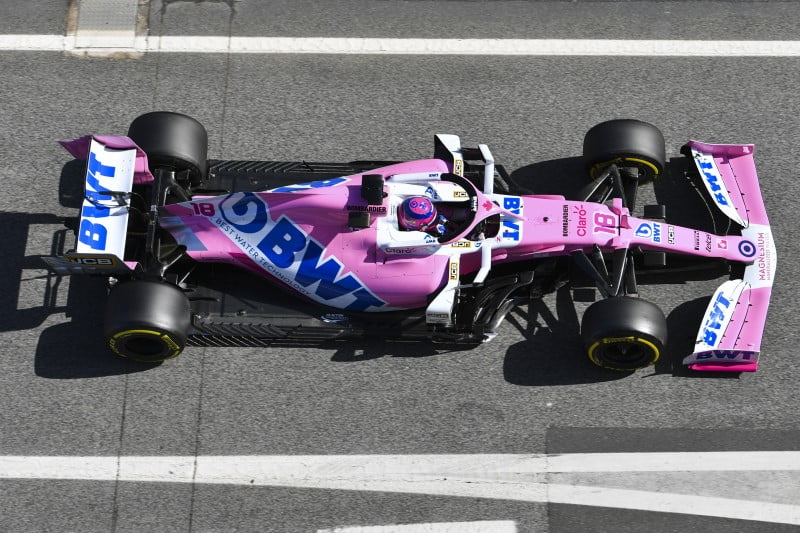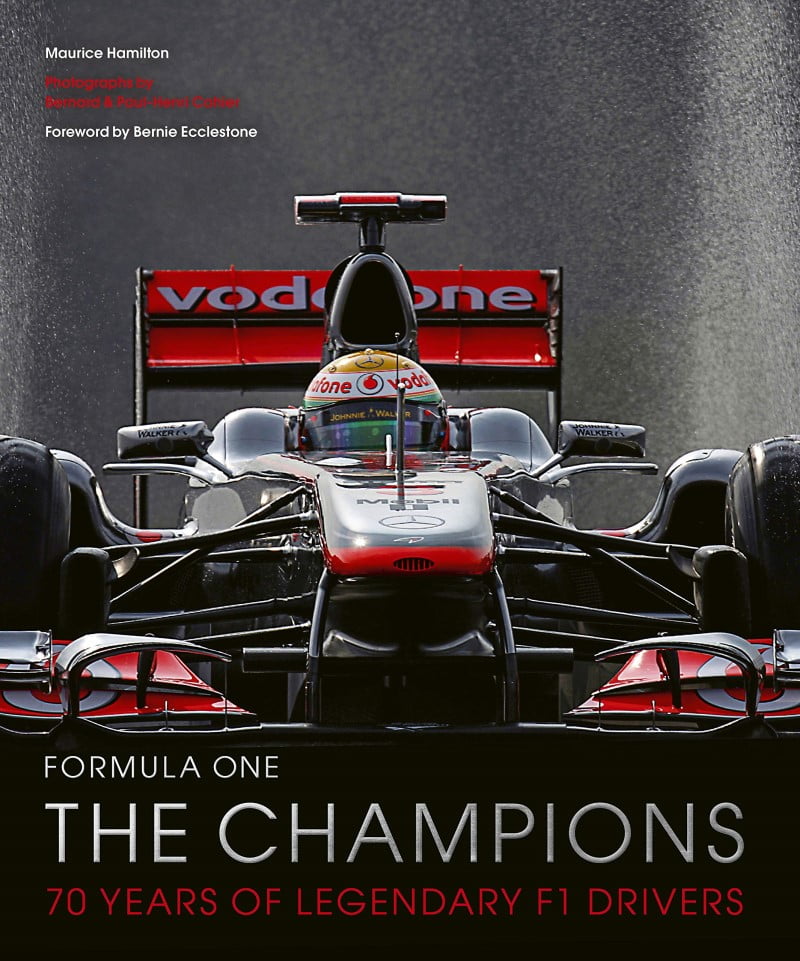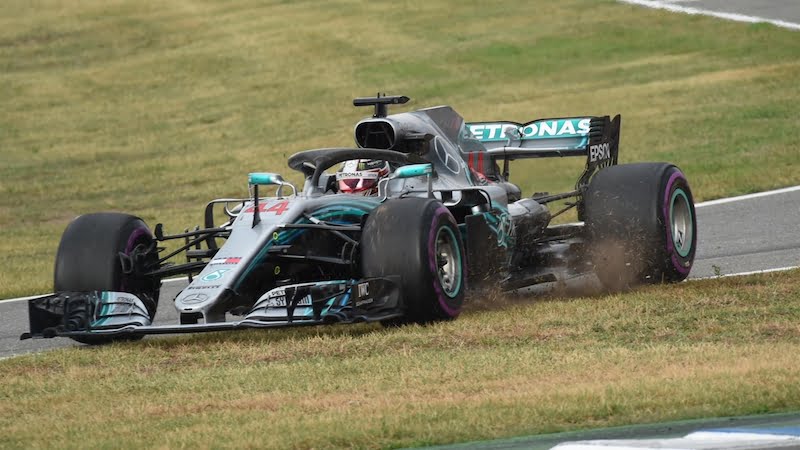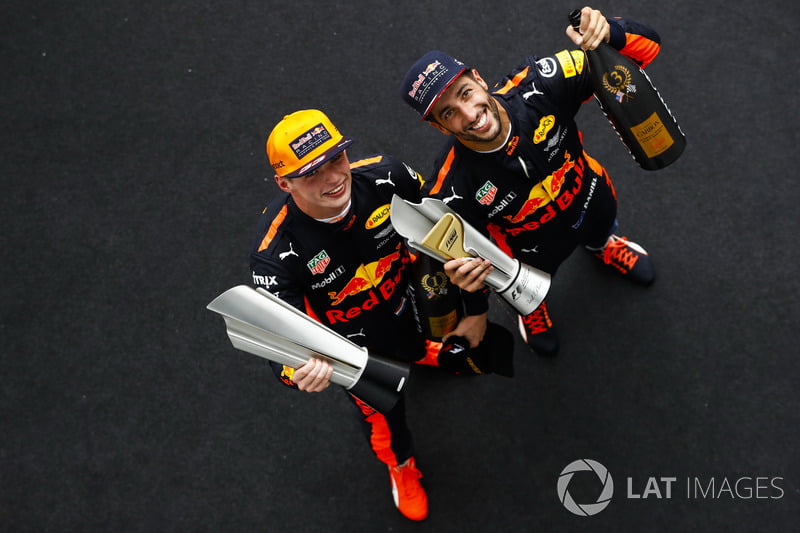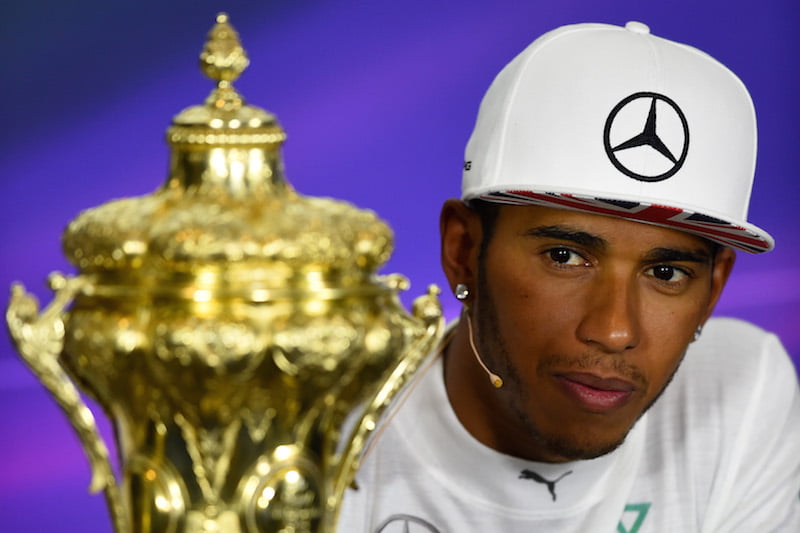Formula 1’s longest off-season in recent times is scheduled to come to an end in less than a fortnight from now as teams prepare to go racing on the basis of the revised 2020 Formula 1 calendar.
In fact, the long off-season is expected to lead us to one of the most-cramped calendars with the sport hosting eight races over 10 weeks. To prepare for the upcoming season and to get back in rhythm, teams and drivers have been getting their hands dirty with whatever racing equipment they have access to.
The works teams —Mercedes, Ferrari and Renault have/will run tests in a two-year-old spec car. Teams like McLaren, who aren’t able to conduct a similar test, are using F3 cars to help their drivers shake-off the ‘rust’. Others such as Haas’ Kevin Magnussen have resorted to karting, the most basic form of Motorsport, to keep his ‘racing’ senses in check.
A Missed Opportunity With Lance Stroll
Earlier this week, the Racing Point F1 Team became the first team to ‘test’ the 2020 version of their Formula 1 car since the pre-season tests held in February. Yes, Racing Point’s test was a filming day test and hence limited to only 100 kilometres but this test was more about preparing to race under the new safety regulations rather than putting miles on their car.
This author had the opportunity to interact with Racing Point’s Chief Technical Officer and his ex-colleague from the former Force India F1 Team Andrew Green to understand the challenges that teams are working to overcome to bring to us some Formula 1 action.
? File under: Things you love to see ?@lance_stroll and the RP20 back in action at @SilverstoneUK! ?#F1 pic.twitter.com/Rebs1YUYSO
— BWT Racing Point F1 Team (@RacingPointF1) June 17, 2020
Racing Despite COVID-19
First things first, Formula 1’s attempt to resume racing has to be applauded. The COVID-19 virus is still wreaking havoc worldwide but at the same time, countries and governments are fighting back to ensure that the economic mess caused by the virus doesn’t add to the chaos. Formula 1 is in a similar situation— to ensure that the sport and it’s 10 teams survive post-pandemic. Liberty Media, the sport’s owners, have taken several steps in the last few months to this effect. ‘To race in 2021, we need to first race in 2020’ – that’s been my favourite quote whenever asked if Formula 1 should cancel 2020 altogether.
How Soon Before Lawrence Stroll Buys F1 From Liberty Media?
If we are to enjoy any Formula 1 action in 2020, teams need to be applauded in their efforts, too. They are subject to new protocols and will have to adhere to them through a competitive Grand Prix weekend. Their personnel will have to make several personal sacrifices while living in the ‘biosphere’. Is Racing Point ready for it?
An upbeat Green said, “I think there is some trepidation about going into it and trying to work out what that actually means. But we’re a race team, we go racing and it’s what people want to do. They want to go racing and if it means being locked up in a hotel for days on end to get to do it, they’re more than happy to do it. They see this is what we have to do this season but it’s not permanent. This is not going to be a permanent solution. They see it as a short term: ‘we can do this’ – we work together as a team and if we support each other we can do this.”
Reliability is key
At this moment, Formula 1 has confirmed eight races for 2020 and more are expected to be announced before the end of June. Irrespective of the final number of races, 2020 is seemingly going to be a short and cramped calendar. It will be a season where consistency in performances and lack of errors could be rewarded significantly. And of course, reliability for the team and its drivers.
Green explained, “Once you get a big reliability issue, it will start putting strain on the team to get parts repaired and modified on time, so there are going to be times when it will be a real challenge. We’ll do what we can pre-event, but during the event, we hope we maintain the reliability we always strive for and have two drivers who should be aware if they do go off during a practice session and do a lot of damage, it potentially could take a lot longer to repair. I think they will be well aware of that.”
Racing Under New Protocols
“(We) learned a lot” – summarized Green when asked about the team’s learning from the filming day test. He further went on to express the challenges of working under the new safety protocols and how it would impact a team’s preparations for a Grand Prix weekend. “It’s very different and it’s going to be a real challenge going forward. It effectively changes the time it takes to do jobs on the car. Jobs now take a lot longer, and we have to try and manage that,” elaborated Green.
22 Predictions For The 2020 Formula 1 Season
But what exactly has changed? Green explained, “It’s basically down to respecting the distance between engineers when they’re working on the car, the type of personal protection they have to wear when they’re working on the car, and how that effectively changes the time it takes to do jobs on the car. We only have a certain amount of time trackside to work on the car. When we’re in a race environment, we have curfews in place, so we have to now look at how long it takes to change and modify parts on the car that we would normally do, but reschedule them to make sure we are doing what we need to do during a race weekend and not contravene the curfew regulations.”
As reported earlier on Firstpost, Green expressed that depending on the task involved changing a power unit could take up to twice as long.
Extra Testing Not An Advantage
Racing Point is a handful of teams that are able to test and prepare under the new protocols. However, would the lack of testing be a disadvantage to other teams when the season begins in Austria on 3 July?
Green said, “It (the test) was a very limited exposure to this way of working. You could attempt to do a lot of this work in the factory, if you wanted to. We were trying to put it in a live environment. By no means have we got all our protocols in place. It was definitely a big learning morning, a steep learning curve, and we’ll make modifications over the next few events to suit. We’re still learning, but it did give us a real heads up on how challenging race weekends are going to be, while you’re trying to run the car.”
Terms To Overuse In F1 2021: Glidepath & Sliding Scale
Efficiency Under New Protocols
Understandably, teams are re-working and refining their approach to a Grand Prix weekend as we eagerly wait for the first race. However, is working efficiently under the new protocols the next big area of gain for a Formula 1 team?
Green explained, “Maybe some teams will end up being slightly more efficient because of the way that they’ve adopted all the protocols that they’ve adopted. But we’ve got a set of protocols that we have to work to and we’re going to adapt and do the best we can. We don’t think we’re going to be disadvantaged significantly in any way because of these protocols. It’s much the same for everybody so we’re not worried about it. What you don’t want don’t want to do is try to do too much in a weekend. That’s the clear message that we got out of it, we’ve got to be really careful that we focus on the important part of the weekend, get that done right and efficiently, and then you look at all the other areas that are almost ‘nice to do’.”
Trust teams to practice and master their preparations to race under the new protocols from now until the start of the season. In fact, I would go as far as to wager a bet that teams will only get faster and more efficient – given that’s the core DNA of the sport. However in 2020, racing ‘safely’ could take a new meaning altogether because all it could take for a team to not race at all is a single member being infected.
This post was first published on Firstpost.
